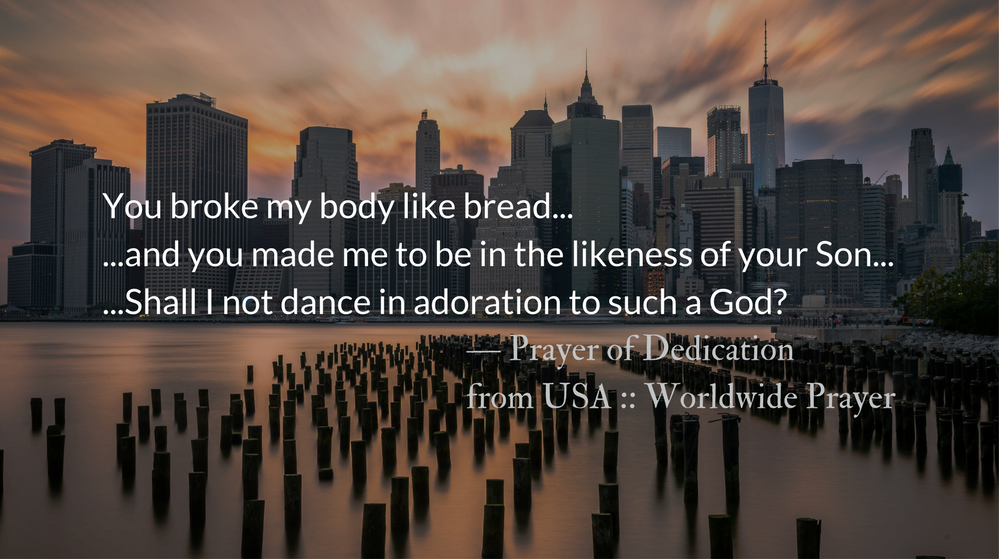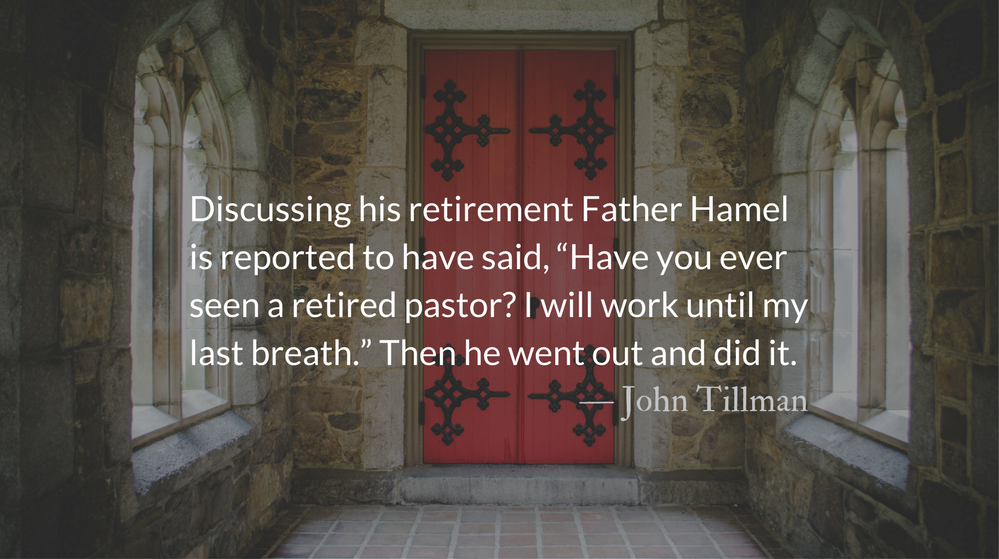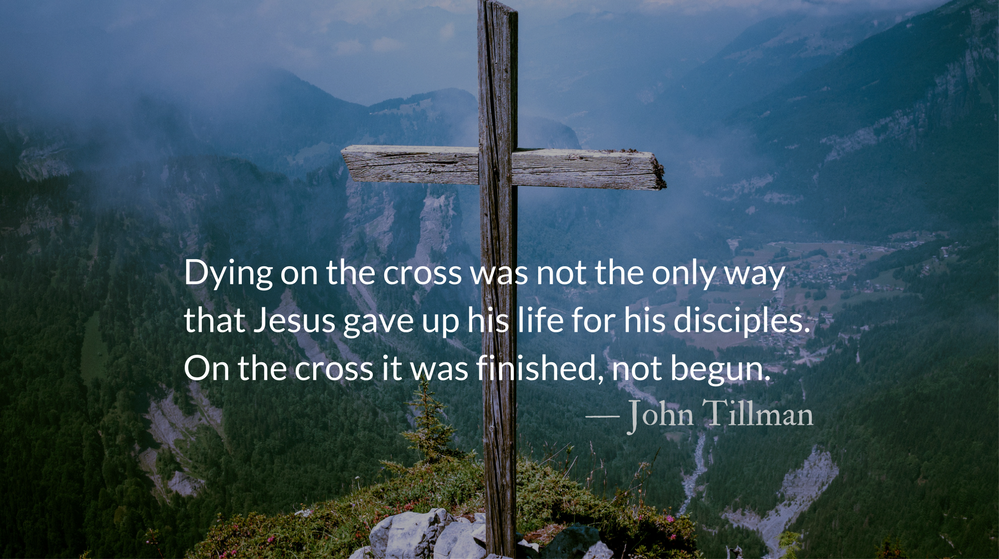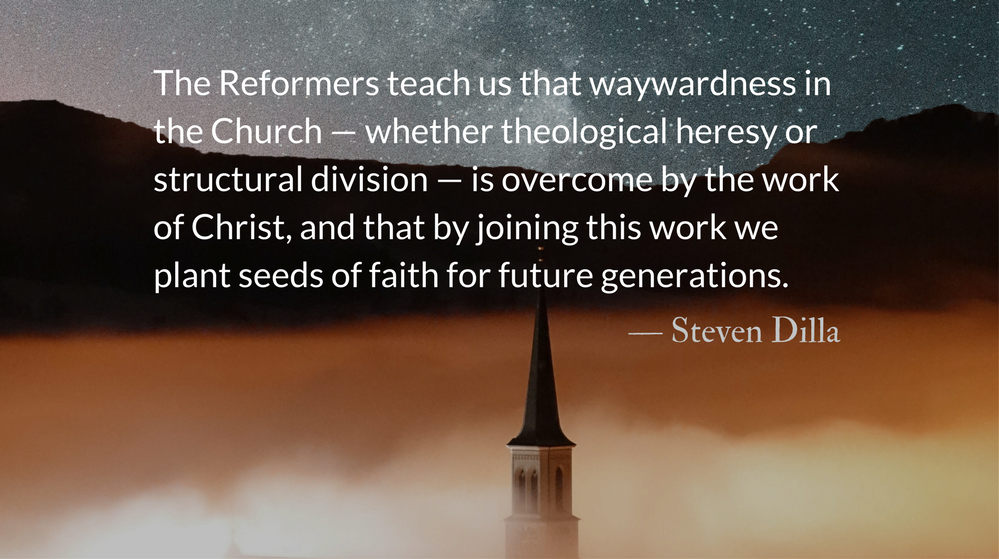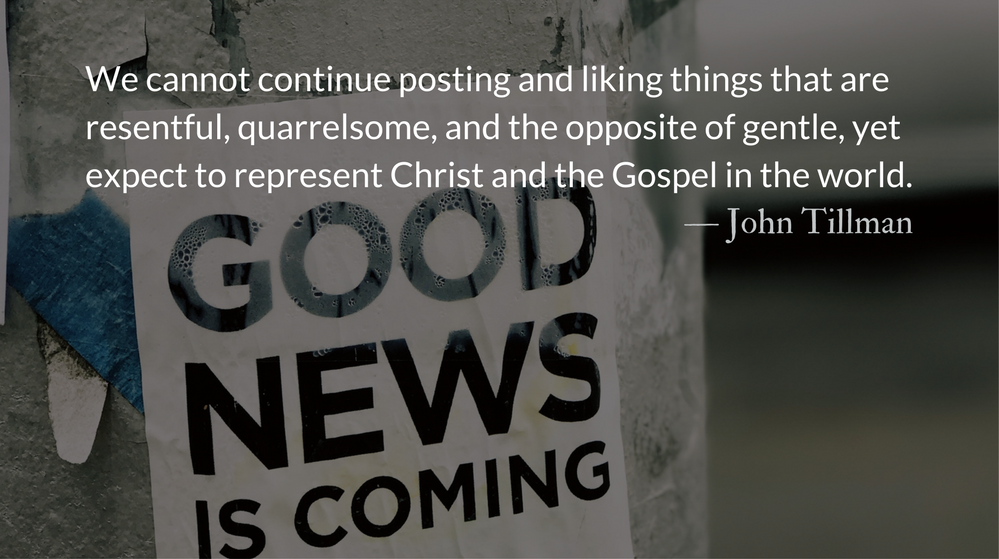Scripture: Titus 3.3-5
At one time we too were foolish, disobedient, deceived and enslaved by all kinds of passions and pleasures. We lived in malice and envy, being hated and hating one another. But when the kindness and love of God our Savior appeared, he saved us, not because of righteous things we had done, but because of his mercy.
Psalm 80.3
Restore us oh God; make your face shine upon us that we may be saved.
This poetic prayer of dedication from the USA meshes well with our recent reflections on martyrdom. We are living sacrifices. We hope in God even if he slay us. For his sake we are slaughtered all day long, yet not separated from his love. In this we join in his sufferings and in being molded more and more into the likeness of Christ. — John
Reflection: Prayer of Dedication from the USA :: Worldwide Prayer
You broke my body like bread, and you poured out
My blood like wine, and you celebrated my life
Through death was threatening on every side,
And you Made me to be in the likeness of your Son.
Will I not praise you now and forever?
Will I not lift holy hands to the father of my breath,
the brother of my every step,
the mother of my longing heart?
Shall I not dance in adoration to such a God?
May no unholy thing disgrace the presence of my God,
May all who see Him tremble in fear and praise His holy name.
For the Lord is a great God, the King of all the earth;
He looks into our hearts, and untangles all of our confusions.
*Prayer from Hallowed be Your Name: A collection of prayers from around the world, Dr. Tony Cupit, Editor.
The Morning Psalm
He sent forth his word and healed them and saved them from the grave. — Psalm 107.20
– From The Divine Hours: Prayers for Autumn and Wintertime by Phyllis Tickle.
Full prayer available online and in print.
Today’s Readings
2 Kings 16 (Listen – 3:46)
Titus 2 (Listen – 2:01)
This Weekend’s Readings
2 Kings 17 (Listen – 7:19) Titus 3 (Listen – 2:05)
2 Kings 18 (Listen – 6:52) Philemon (Listen – 2:52)

